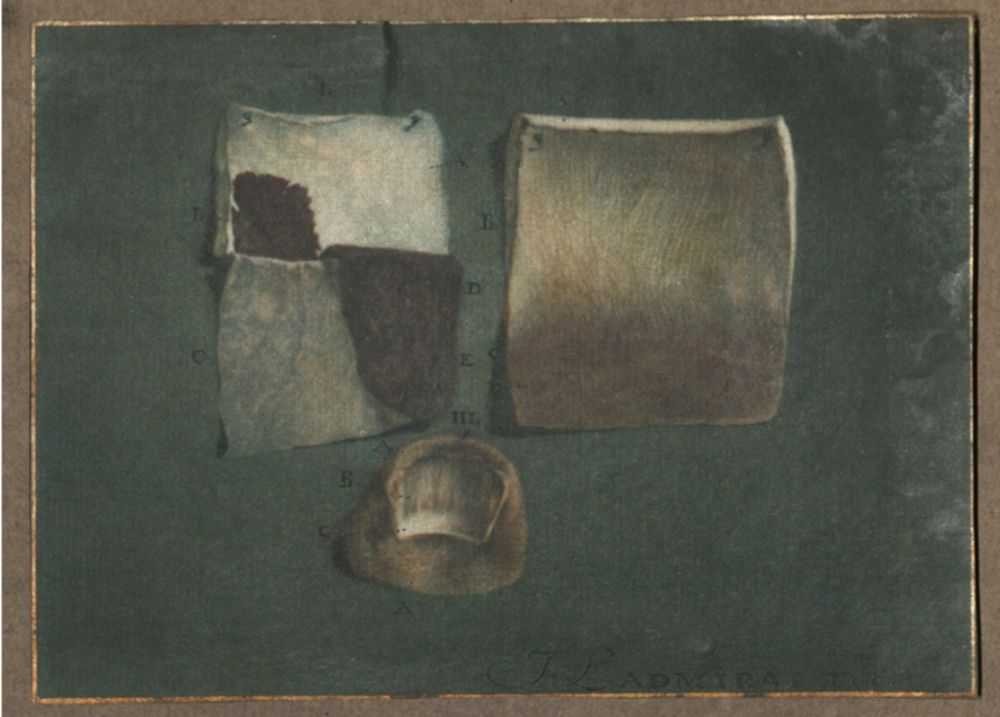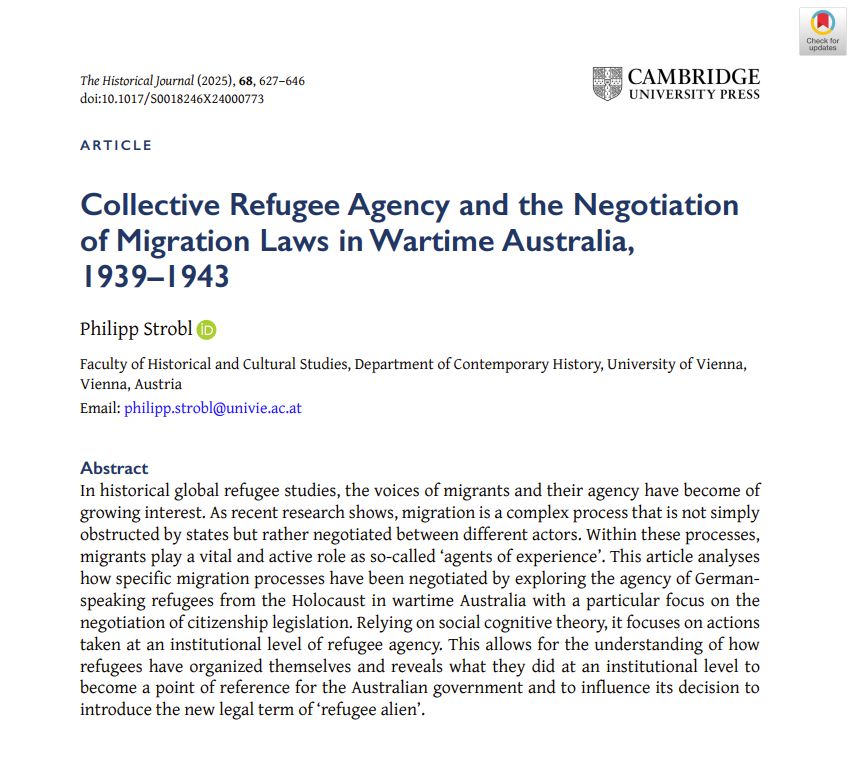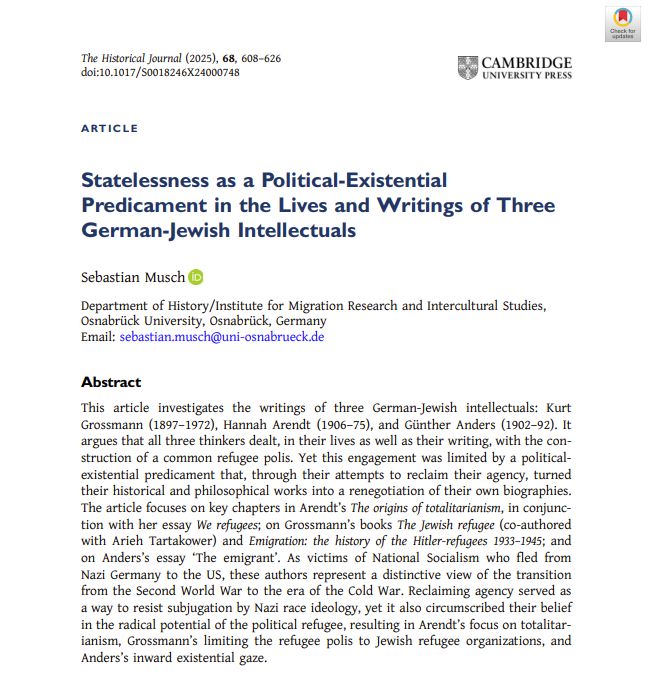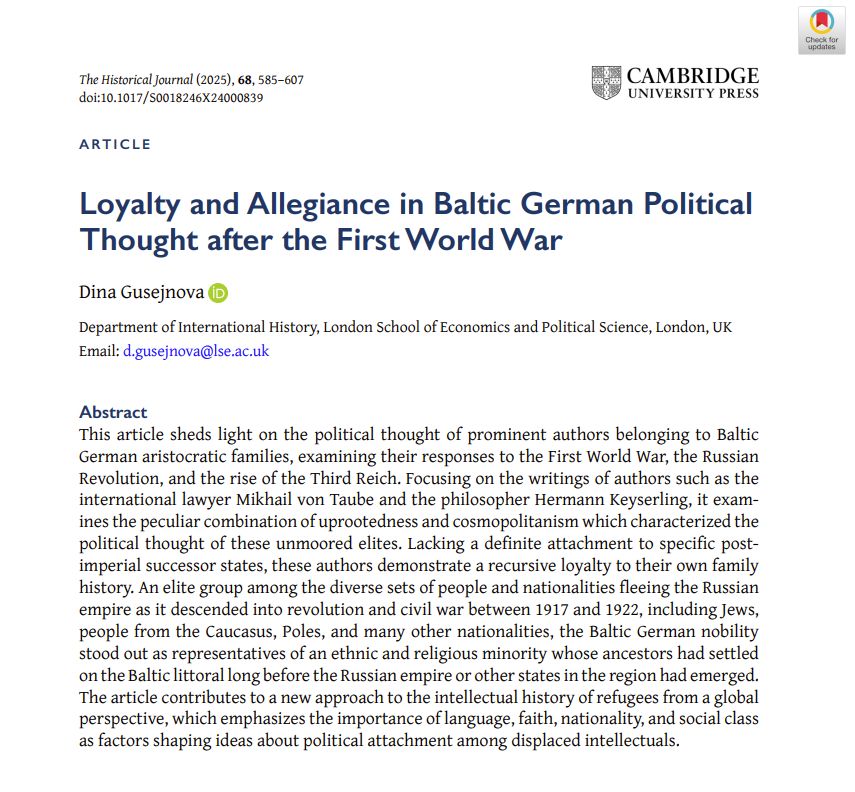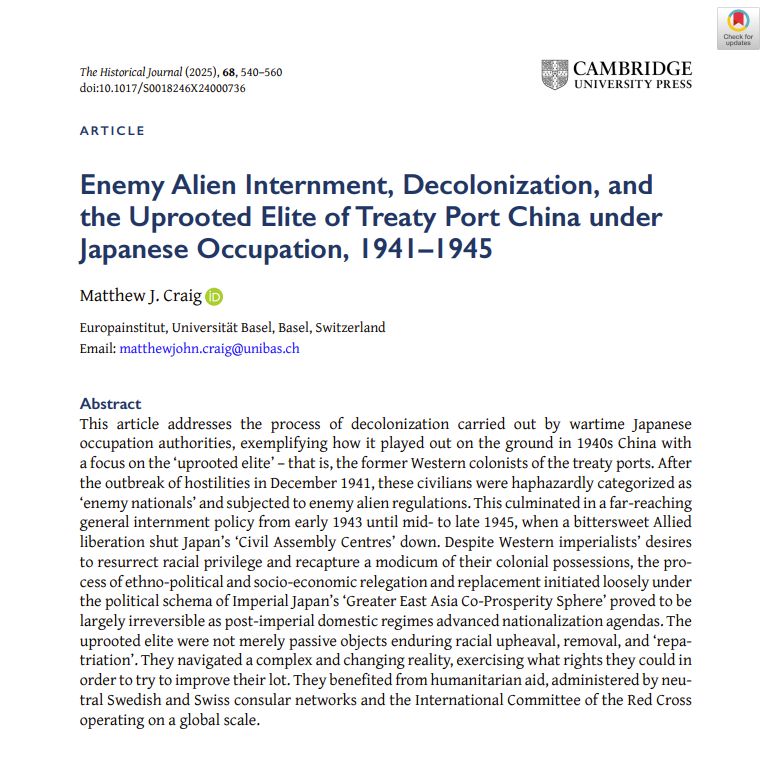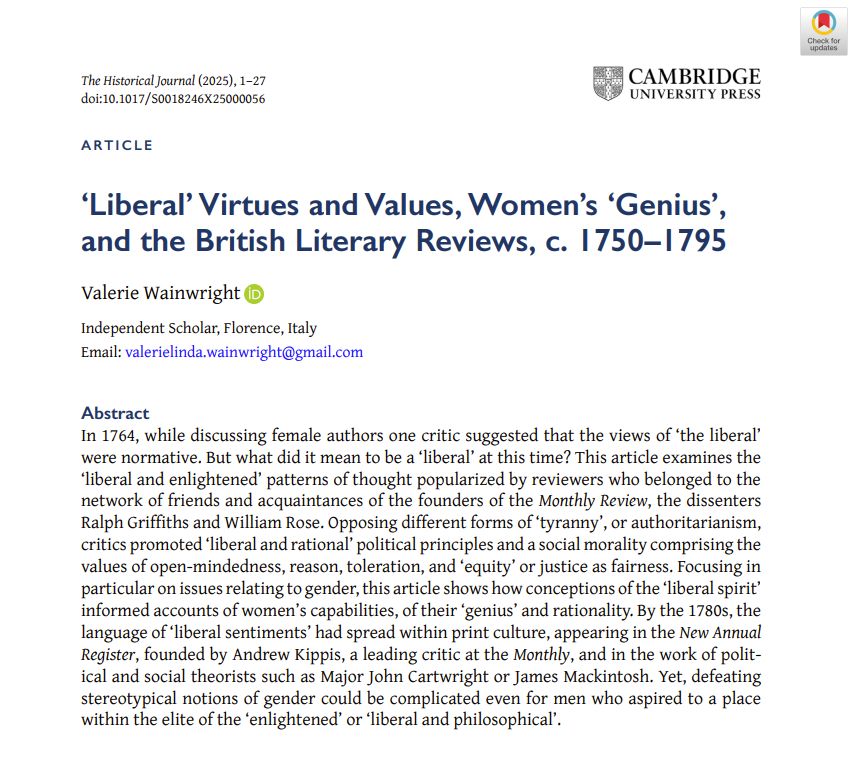The Historical Journal
@historicaljnl.bsky.social
3.8K followers
190 following
190 posts
The Historical Journal publishes papers on all aspects of British, European, and world history since the fifteenth century.
Posts
Media
Videos
Starter Packs
Reposted by The Historical Journal
Reposted by The Historical Journal
Reposted by The Historical Journal



